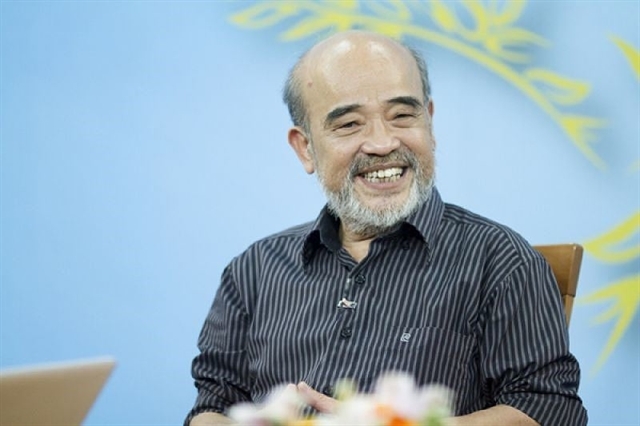 |
|
|
What are the core issue regarding land corruption in Việt Nam?
According to surveys conducted by the World Bank, Sweden, Norway, the United Nations Development Program and other foreign organizations on the issue of corruption in Việt Nam, land embezzlement is one of the most serious problems.
There are two big stories about land corruption in Việt Nam. First is the corrupt use of valuable public land. According to Vietnamese law, when the Government wants to sell a piece of public land, it must go out to tender, but one way or another, good land always finds itself in the hands of people with power at a dirt cheap price.
The second is petty corruption. In almost all administrative cases relating to land issues, if the owner wants administrative procedure to be fast-tracked, they have to offer money in an envelop together with their land dossiers.
What loopholes exist in the current land laws in Việt Nam?
Generally speaking, everything that needs to be had been written into the Vietnamese land law, including the assigned authorities in case. But in my opinion, the most important is the right to retake land from a certain group of people and then hand it over to another.
The first case I should mention is retrieving land for a public project. In most cases, land compensation is much lower than prices on the free market.
The second point is the malpractice of people in power regarding the principles of transparency and accountability in land allocation, land lease and others. Adding to that, in the course of implementation, many people, particularly people with power, have deliberately misinterpreted the laws for their own profits.
Some agencies have looked into land encroachments by senior officials. Have any final settlements been made public?
As we all know, land value in urban areas, particularly in Hà Nôi and other big cities, has climbed up considerably. A case in point is the owner of a villa at 12 Nguyễn Chế Nghĩa Street in the centre of Hà Nội. The villa is public property and assigned as the residence of a senior government official – but only for that person's time in office. He did not have the right to own the property, and due to strong public protests, he gave up the attempt.
And more recently, quite a few senior government officials have been sanctioned due to serious mistakes in land allocation and management by the Party Central Inspection Committee.
The land law will be revised soon. As one of the authors of the law, what do you think are the most important points it should include to ensure transparency and accountability?
In my opinion, the revised law should cover the following three main points:
First, the principle of decentralization of land management should go hand in hand with inspections and supervision by authorities. These visits must be supervised by public representatives.
Second, the proposed land price for a public project must be close to the market price.
And finally, the issue of land allocation for government officials should also be conducted in a transparent manner so that people will have their right to know and monitor its use._VNS
 Professor Dang Hung Vo, former Deputy Minister of Natural Resources and Environment, talks to VIETNAMNET about what the country should do to prevent land corruption.
Professor Dang Hung Vo, former Deputy Minister of Natural Resources and Environment, talks to VIETNAMNET about what the country should do to prevent land corruption.